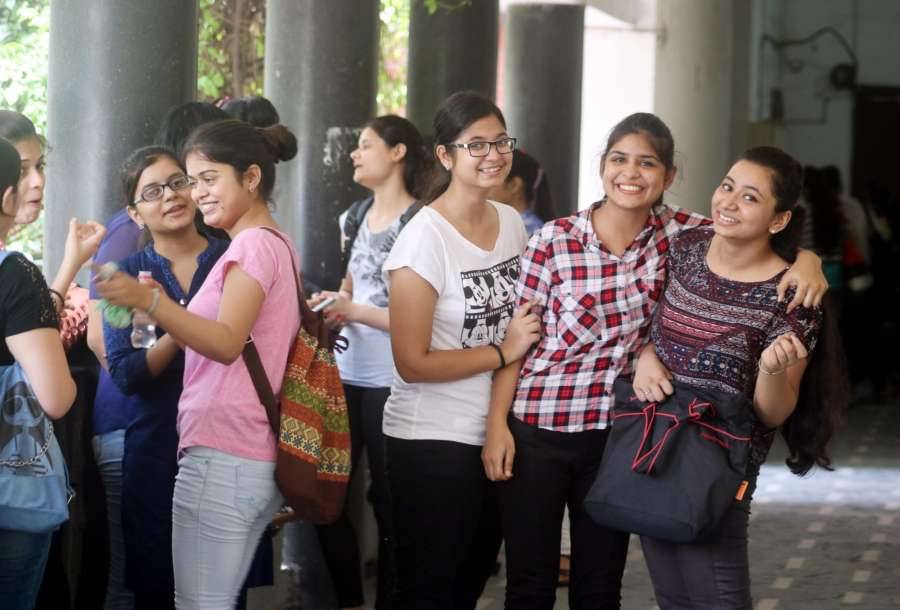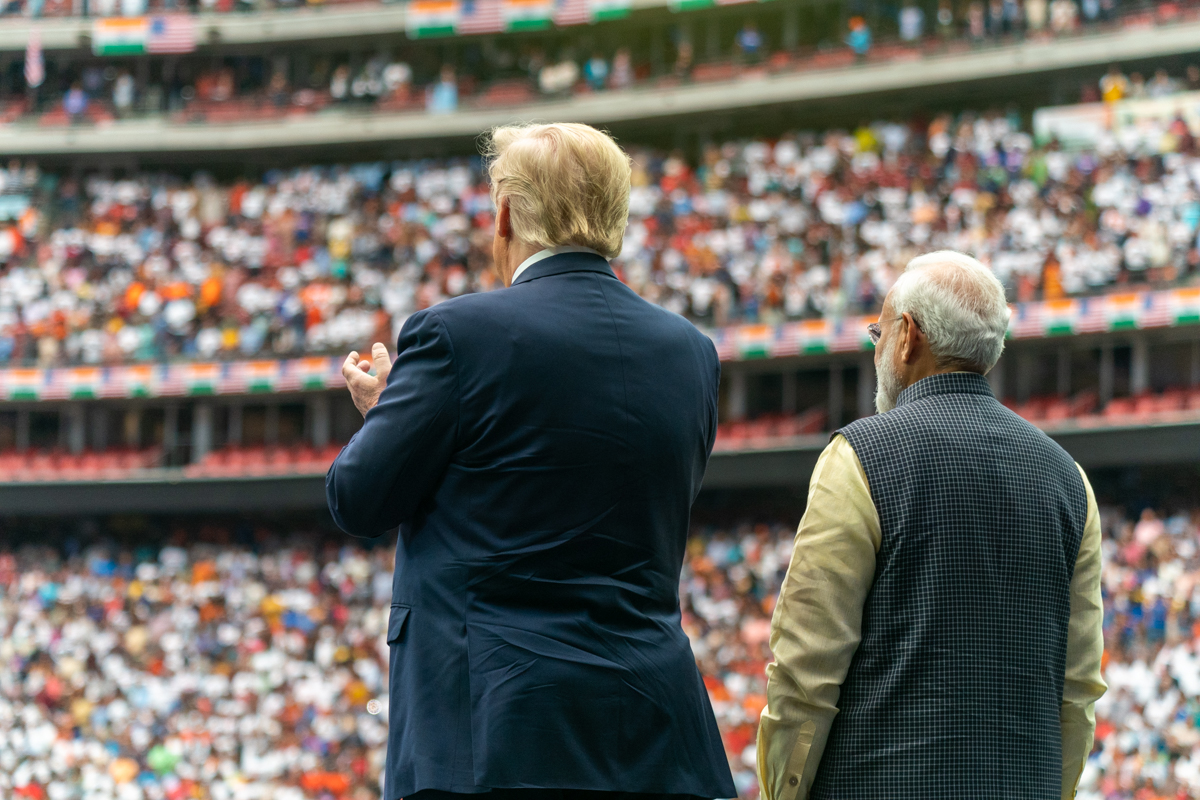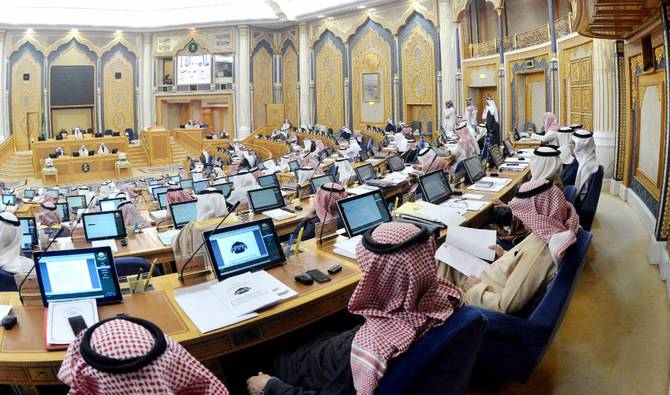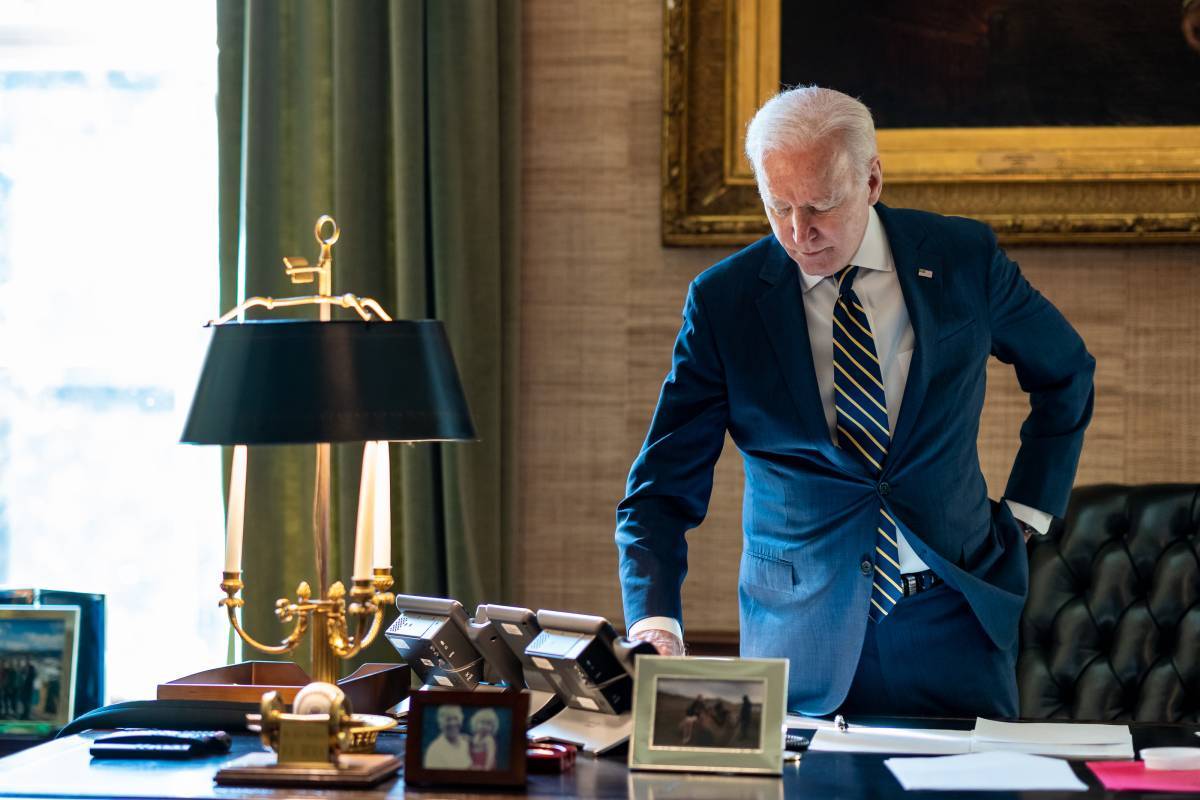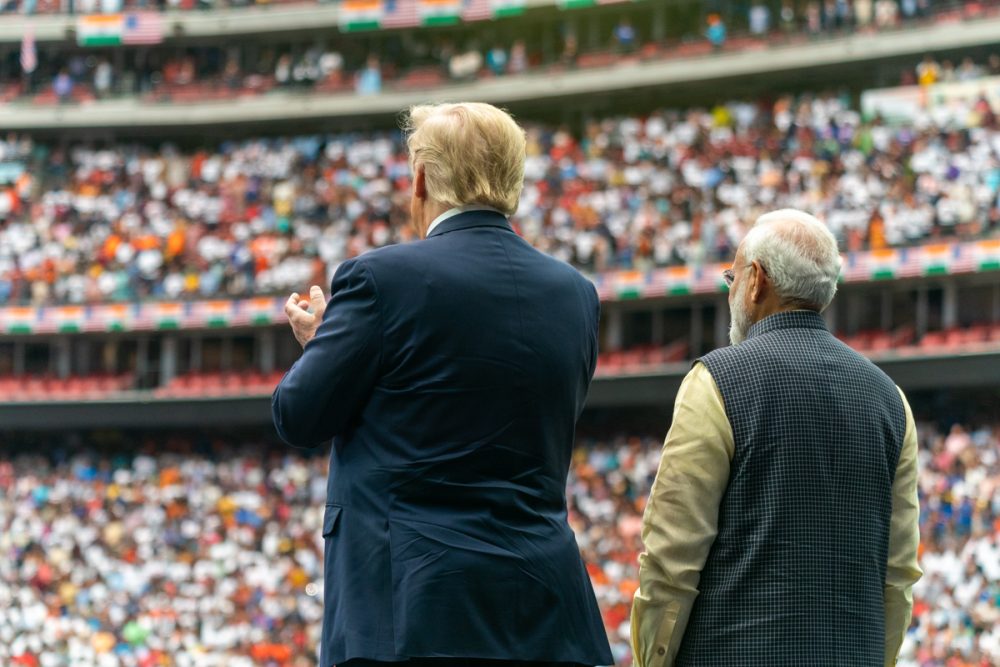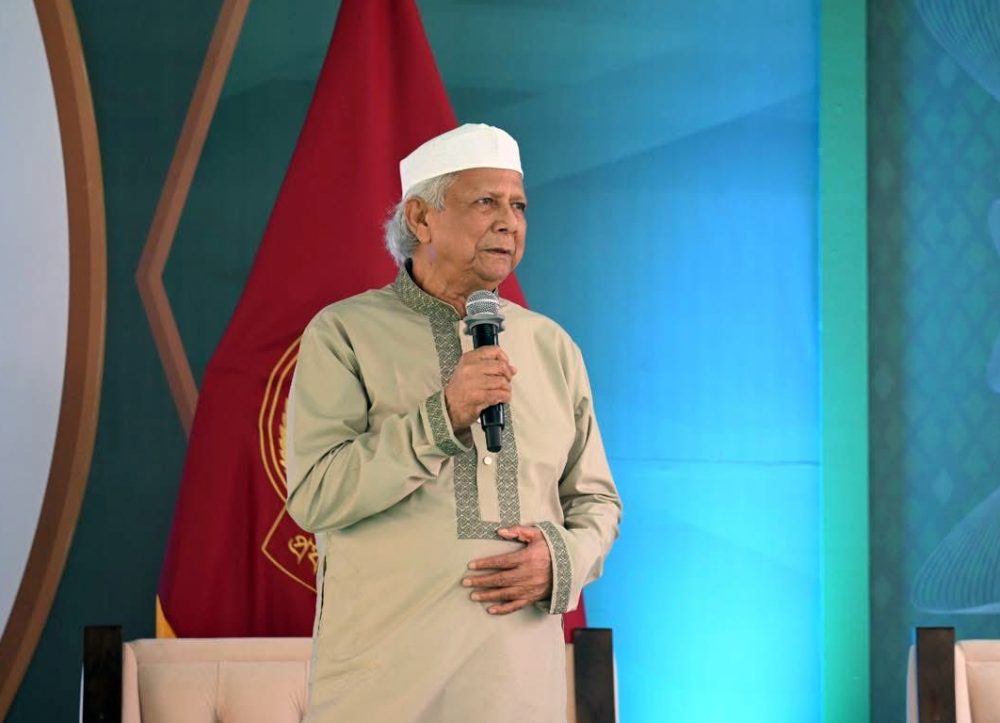It is noteworthy that the higher education institutions have established certain criteria of assessment for students and divided it into levels of 5 to 10. While 1 to 4 level covers school education….reports Asian Lite News
Students who want to pursue dual degree from foreign universities can heave a sigh of relief as under a new framework, the students, who earlier could not enroll in such courses because of the varying level of qualification framework, will now be eligible to take admission in foreign universities.
The UGC has made changes in the National Higher Education Qualification Framework (NHEQF).
In higher education, the level from 5 to 10 has been reduced from 4.5 to 8. This framework will be applicable from graduation to Ph.D.
It is noteworthy that the higher education institutions have established certain criteria of assessment for students and divided it into levels of 5 to 10. While 1 to 4 level covers school education.
Significantly, there are levels from 6 to 12 in higher educational institutions around the world. Scotland has the highest level of 12 in the world. New Zealand, Australia and Malaysia have level 10. In Europe, it is up to level 8. Similarly, Hong Kong and Singapore offers the higher education at level 7 and Thailand at level 6.

Now, if a student goes to pursue a dual degree programme from a foreign university, then he will not have any problem as due to the changes in the NHEQF of the UGC, the qualification framework in Indian higher education will also be uniform. Also, the students will not face any problem even if they opt for any other course in the middle of studies in Indian educational institutions.
Vice Chancellors (VCs) of universities across the country have been informed about the change. In this regard, the UGC has held a meeting of with the VCs of universities and College principals. Three more such meetings will be held soon in order to ensure that no problem should be faced in implementing the new framework.
After the implementation of the new framework, students will be assessed on the basis of learning outcomes.
The National Skill Qualification Framework (NSQF) of the All India Council for Technical Education (AICTE) and the Ministry of Skill Development is also from level 4.5 to 8.
UGC Chairman Prof M. Jagadesh Kumar said that higher education across the country will now have a uniform qualification framework based on learning outcomes. “This will benefit the students the most. They will be able to switch to any programme; on the lines of school education, in higher education also, students will be assessed on the basis of learning outcomes every year.”
Its purpose is to evaluate the students’ knowledge and skills. In this, students will also get employment opportunities.
Prof Kumar says that after this policy, there will be no problem regarding admission in dual degree and joint degree related courses from foreign universities.
Meanwhile, the multiple entry-exit system will also be implemented from the academic session 2022-23. It will benefit those students who had to leave their studies midway due to some reason. Students leaving a course after a certain period of time will receive a diploma and when they will complete the course, the concerned university will award them degree in the same course.
Apart from this, students of any stream will be free to choose the subjects of their choice. For instance, if students of engineering or science want, they can also opt for music education.


